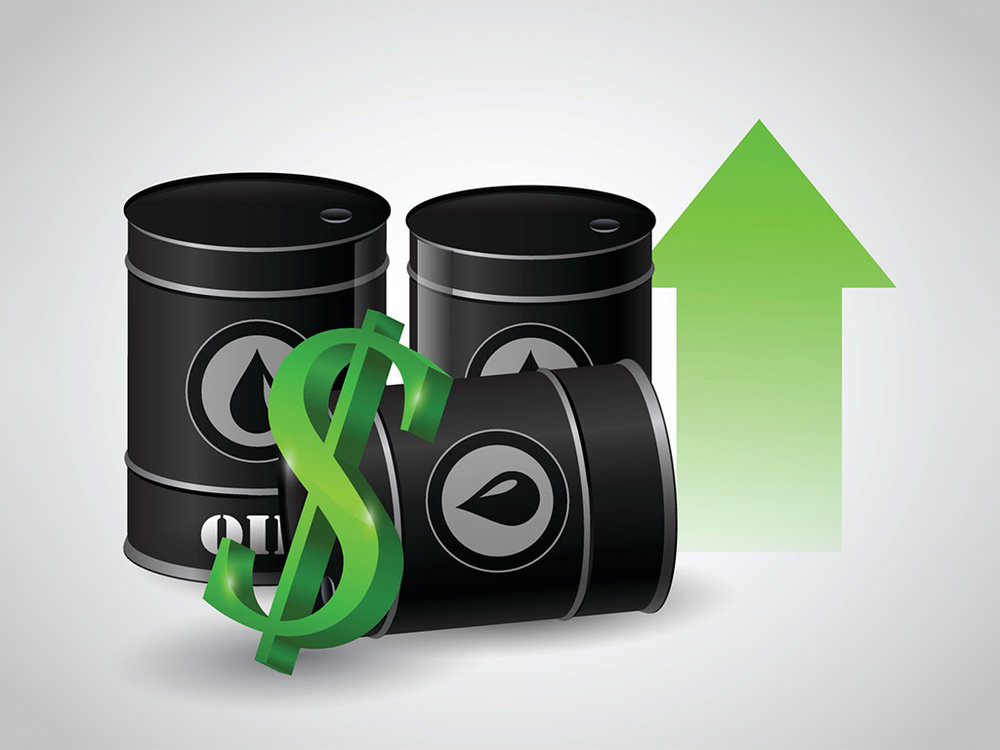- Your cart is empty
- Continue Shopping

Oil price volatility threatens Nigeria’s economy
As global rude oil prices remain on a downward spiral, the Chief Executive Officer of the Nigerian Midstream and Downstream Petroleum Regulatory Authority (NMDPRA), Farouk Ahmed, on Tuesday, sounded the alarm on the ripple effect such instability could have on Nigeria’s economy.
Speaking at a “Meet-the-Press” briefing organised by the Presidential Communications Team at the Aso Rock Villa, Abuja, Ahmed acknowledged that while consumers may welcome lower petroleum product prices, the broader economic reality paints a more troubling picture for an oil-dependent country like Nigeria.
“As consumers, we are happy that the price is coming down,” he said. “But as a nation, it’s not good for our economy because our revenue inflow is also impacted.”
Ahmed pointed to a sharp single-day plunge in global crude oil prices, from $73 to $60 per barrel, as an example of the market volatility straining Nigeria’s fiscal outlook. He further noted that such fluctuations, often triggered by unpredictable policy shifts in the United States, make long-term economic planning difficult for nations reliant on oil exports.
Ahmed referenced policy inconsistencies from U.S. President Donald Trump as a contributing factor to global oil market turbulence, particularly the abrupt imposition and withdrawal of tariffs that continue to shake investor confidence.
“Traders now operate in survival mode,” Ahmed explained. “Some engage in day trading because you never know what tomorrow’s policy will bring.”
The NMDPRA chief emphasized that the U.S. push to drive oil prices below $50 per barrel, through increased local exploration and strategic waivers, has further complicated the global supply-demand balance, with developing economies like Nigeria bearing the brunt.
At home, Ahmed outlined additional hurdles to revenue generation, chief among them pipeline vandalism and reduced oil production. According to recent OPEC data, Nigeria’s crude output has slipped to about 1.4 million barrels per day, well below capacity.
“If we lose $10 per barrel at this current production rate, the negative impact on our economy, national reserves, and the strength of our naira is severe,” he warned.
Turning to domestic supply metrics, Ahmed revealed a drastic shift in Nigeria’s premium motor spirit (PMS) import and production landscape. According to data from the NMDPRA’s tracker, daily petrol imports plunged from 44.6 million litres in August 2024 to just 14.7 million litres by April 13, 2025, a staggering 67 percent drop.
This decline coincides with a major rise in local refining. From delivering virtually no supply last August, local refineries now churn out 26.2 million litres per day as of April, a more than sixfold increase since measurable output began in September.
Ahmed attributed this milestone to the phased restart of the Port Harcourt Refining Company in November and growing contributions from modular refineries. However, he acknowledged that the national supply has only surpassed the government’s 50 million litres per day benchmark twice, 56 million litres in November and 52.3 million litres in February.
By mid-April, supply again fell below target, reaching 40.9 million litres.
source: rippleng.com
